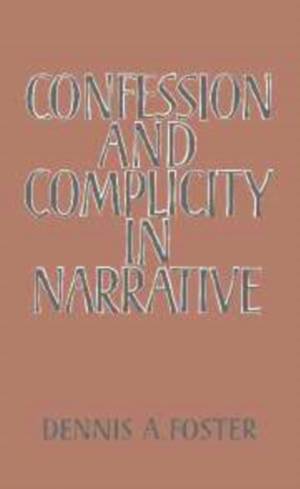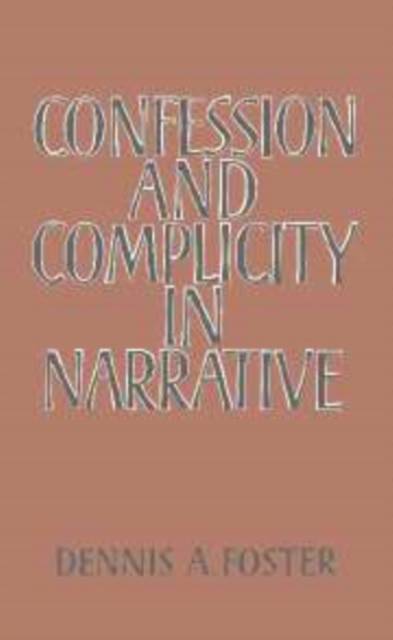
- Afhalen na 1 uur in een winkel met voorraad
- Gratis thuislevering in België vanaf € 30
- Ruim aanbod met 7 miljoen producten
- Afhalen na 1 uur in een winkel met voorraad
- Gratis thuislevering in België vanaf € 30
- Ruim aanbod met 7 miljoen producten
Zoeken
€ 60,95
+ 121 punten
Uitvoering
Omschrijving
What is the relationship between the author and the reader of a text? Recent contributions to reader-response theory suggest that the reader is relatively passive. Foster argues that the relationship is more complex than that: readers enter into complicity with writers and create the illusion of the writer's mastery over meaning in order that they might also see themselves as masters and become writers in their own place. This dynamic model of the reading process is most clearly revealed in confessional narratives, and so Foster explores the intricate patterns of the reader/writer symbiosis in texts by Saint Augustine, Kierkegaard, Henry James, Hawthorne, Faulkner, and Beckett. What emerges is a new theory of reading literature: the engagement between writer and reader as a struggle for power in which the reader is active in his complicity and fully aware of his own interpretations.
Specificaties
Betrokkenen
- Auteur(s):
- Uitgeverij:
Inhoud
- Aantal bladzijden:
- 158
- Taal:
- Engels
Eigenschappen
- Productcode (EAN):
- 9780521177320
- Verschijningsdatum:
- 3/03/2011
- Uitvoering:
- Paperback
- Formaat:
- Trade paperback (VS)
- Afmetingen:
- 140 mm x 216 mm
- Gewicht:
- 208 g

Alleen bij Standaard Boekhandel
+ 121 punten op je klantenkaart van Standaard Boekhandel
Beoordelingen
We publiceren alleen reviews die voldoen aan de voorwaarden voor reviews. Bekijk onze voorwaarden voor reviews.











